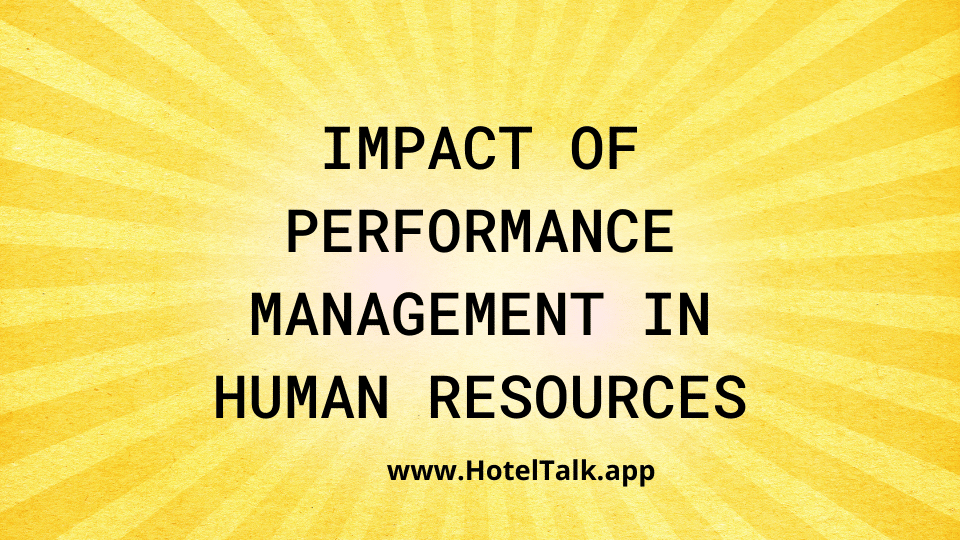Hospitality managers recruit, select, orient, and train their employees to help ensure they have the best possible staff. However, these are continual, not static, processes because jobs continually evolve as guests’ needs and desires change and new work methods are implemented. Employees and their job performance may also change.
Hospitality managers’ activities to improve their employees’ job performance must be ongoing and, fortunately, they are typically successful. Sometimes, however, problems with the quality and/or quantity of work outputs arise. In other cases, an employee’s work may be acceptable, but difficulties arise about compliance with workplace rules and procedures. Managers must fairly evaluate the quality of their employees’ efforts and, if necessary, correct and improve performance.
Most staff members want to do a good job, but concerned and enlightened managers can often help them to do better. Knowing how to objectively evaluate and improve worker performance and, if necessary, to properly terminate employees, are important aspects of an HR manager’s job. Actions taken are important because laws related to how and why employees are disciplined and/or terminated are complex. Violation of these laws may cause managers to spend an inordinate amount of time defending their actions, can create substantial financial hardship if fines or penalties are levied, and, if widely publicized, can result in significant adverse publicity.
Performance management is ongoing and includes:
- Planning work and setting expectations
- Monitoring performance continually
- Developing employee skills
- Appraising performance periodically in an objective manner
- Rewarding good performance
The distinguishing characteristic of an effective performance management program is its focus on achieving results. It addresses the effectiveness of employees, work processes, and output quality. To illustrate, consider a skilled food service employee who chops cabbage quickly and produces a high – quality product. A performance management system, however, would involve the worker in an objective assessment of effectiveness.
Perhaps the cabbage chopping process should be mechanized (new equipment should be purchased) or prechopped cabbage should be used. Then the employee ’ s knowledge and skills might be better utilized. A properly designed performance management system emphasizes goal attainment over employee effort (output). While performance management systems identify and correct employee weaknesses, they also recognize, reinforce, and reward employees ’ strengths. An effective process yields clear employee goals and an objective rating of goal attainment.
The impact of performance management on human resources is feedback and coaching An employee s perspective An employee s perspective An employee s perspective An organizational perspective
